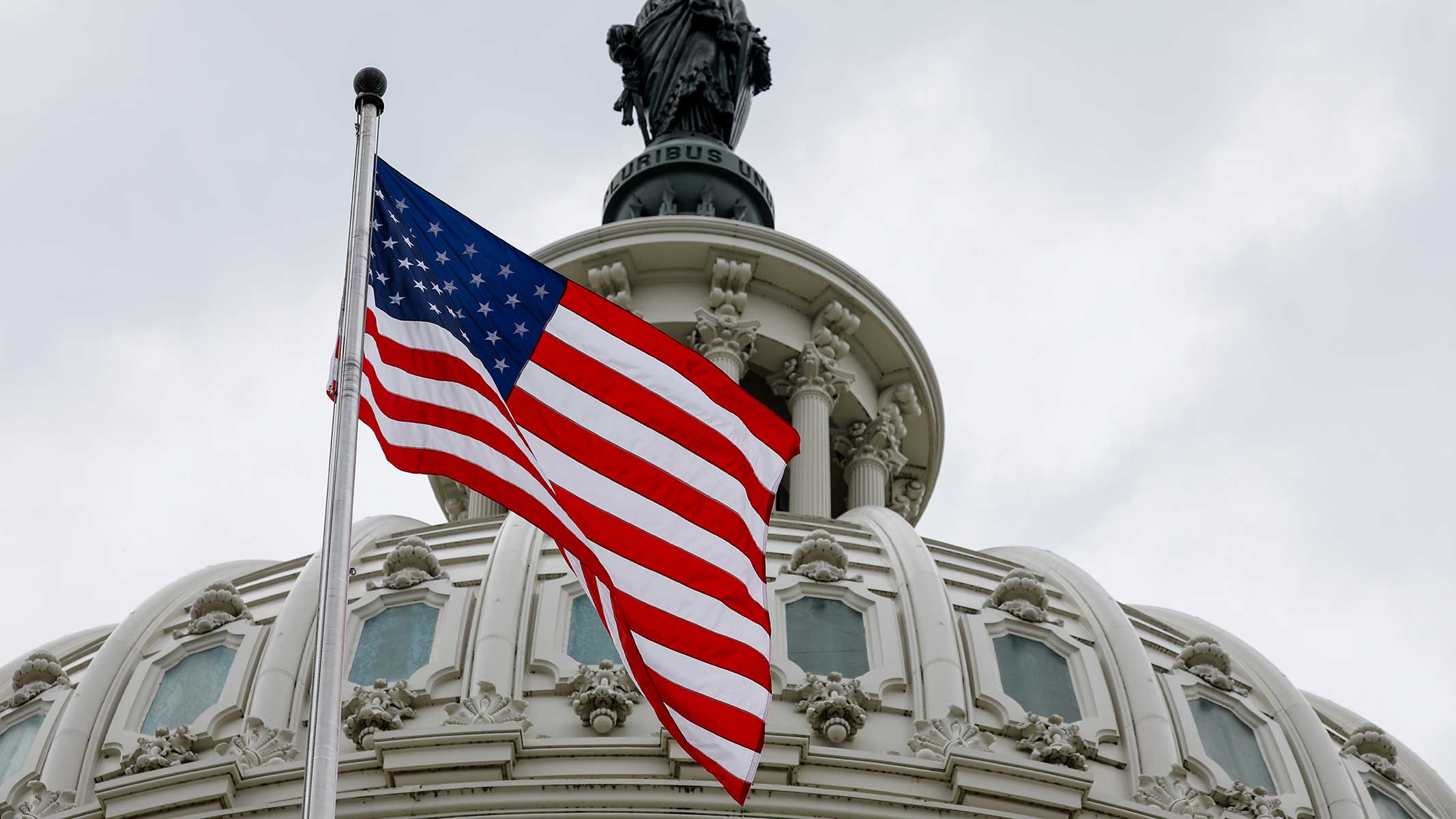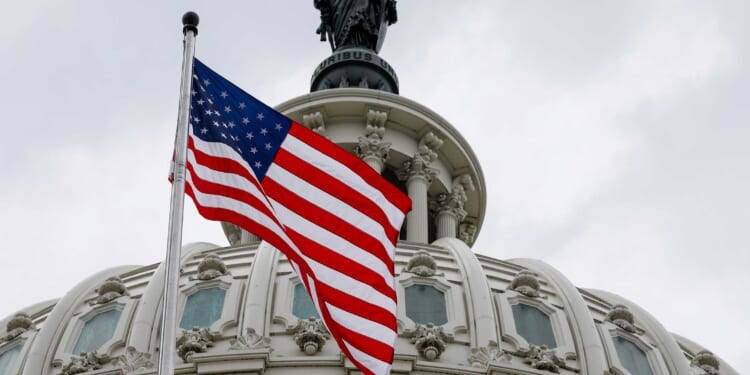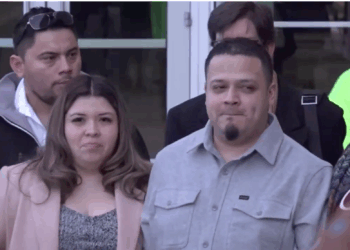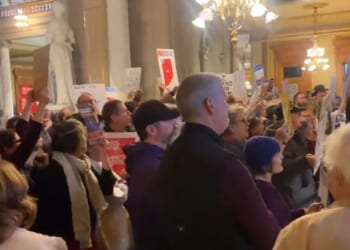
The United States has never promised newcomers an easy path, but it has always offered them a meaningful one. For the hopeful immigrant, citizenship is meant to be not a participation trophy but a solemn commitment to a constitutional republic that asks the same of every citizen: knowledge, loyalty, and responsibility.
That’s why U.S. Citizenship and Immigration Services’ recent plans to toughen the naturalization exam deserve support. The potential changes include adding an essay, restoring the 2020 civics test, and sharpening the criteria for judging “good moral character” and English proficiency.
The idea behind these measures is simple: if citizenship confers solemn responsibilities, then it should require more than memorization of a handful of facts and slogans. USCIS director Joseph Edlow believes that the current naturalization exam is “just too easy”—and he’s right.
By law, applicants for U.S. citizenship must show that they can read, write, and speak basic English, and that they understand U.S. history and how our government works. USCIS assesses this knowledge during the naturalization interview and test. Under the current format, citizenship applicants must answer six out of ten basic civics questions correctly (drawn from a list of 100) and demonstrate modest English skills.
The updated test will ask applicants up to 20 questions, drawn from a 128-question study bank. Applicants who answer 12 correctly will pass; officers will stop the examination once the applicant meets that threshold or answers nine incorrectly.
A genuinely pro-American immigration policy starts with assimilation and civic education. Tougher naturalization standards should be paired with higher expectations—expanding basic civics and English requirements for permanent residency and certain work visas that have a path to citizenship—so newcomers are prepared to participate fully in America’s political system.
Because so many temporary immigrants eventually become Americans, we should expand the “pro-Americanism” filtering and civic-readiness screening before they arrive. About 53 percent of immigrants living in the U.S. (roughly 25 million people) are now naturalized U.S. citizens. In FY2023 alone, roughly 878,000 immigrants were naturalized (down from 969,000 in FY2022 but still above the 2010–2020 average of 721,000). The administration could implement a less extensive version of the civics tests for applicants with green cards or work visas.
USCIS is also changing how it evaluates the “good moral character” requirement, focusing on an applicant’s “positive contributions to American society instead of a mere absence of bad behavior.” This resembles the Canadian and Australian points-based systems, which reward applicants for their educational achievements, work history, or language proficiency. U.S. immigration officers can now prioritize applicants with in-demand skill sets, advanced education, English proficiency, and a clear commitment to American civic values.
This is a welcome shift. Would-be citizens should be able to prove that their citizenship will benefit the nation. The new approach also serves as a fair filter, denying naturalization to those whose prior conduct in the U.S.—fraud, criminality, support for foreign enemies of the U.S.—fails to meet the standard. Those who follow the legal process should advance, while fraud and abuse would face real consequences.
Just as important as these criteria are an applicant’s loyalty and commitment to the rule of law. We should encourage newcomers to embrace an American identity. This might include a brief course on U.S. history and civic responsibilities as an application requirement for green cards. We might ask naturalization applicants to write a short essay explaining what America means to them.
These are not controversial proposals. Most Americans (72 percent) believe it is essential for immigrants to learn English. Patriotism is also an important factor—three-quarters of naturalized U.S. citizens say they are very proud to be American, compared with 69 percent of native-born Americans.
The same principle now extends to temporary visitors. A new $250 “visa integrity fee” and a pilot program authorizing refundable bonds of up to $15,000 for certain B‑1/B‑2 applicants aim to curb overstays. These measures might seem strict, but they address a real problem: hundreds of thousands of foreign nationals overstay their visas each year, becoming illegal immigrants. The Department of Homeland Security estimates that about 850,000 people overstayed their visas in 2022 alone.
Even if the new fee trims some low-value tourism, Congress should redirect its revenues—now earmarked for processing and enforcement—toward paying down the national debt or bolstering core services, so that potentially billions raised both preserve immigration integrity and deliver fiscal prudence, advancing security without swelling a new bureaucracy. Some 10.4 million nonimmigrant visas get issued every year (FY 2023), which could amount to $27 billion over the next decade. Policymakers should replicate this pro-American framework across other areas of immigration—for example, expanding E-Verify and requiring immigrants to complete certain levels of civic-volunteering hours before submitting their citizenship applications.
Against a backdrop of shifting demographics and rising global challenges, America has every right to be deliberate about who joins its ranks. USCIS’s citizenship-test reforms and visa-integrity fees are commonsense steps in that direction. They reinforce the idea that becoming American is a privilege that carries duties, and that visiting America is a courtesy we extend only to those who respect our laws.
Photo by Yasin Ozturk/Anadolu via Getty Images
City Journal is a publication of the Manhattan Institute for Policy Research (MI), a leading free-market think tank. Are you interested in supporting the magazine? As a 501(c)(3) nonprofit, donations in support of MI and City Journal are fully tax-deductible as provided by law (EIN #13-2912529).
















